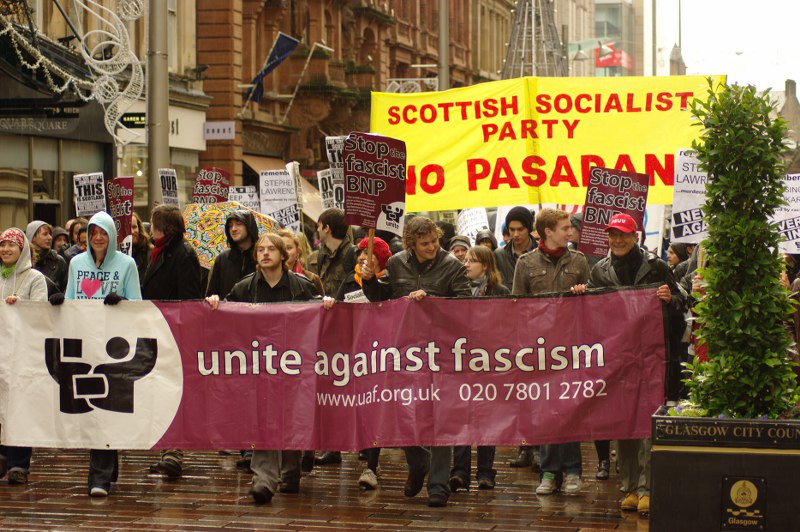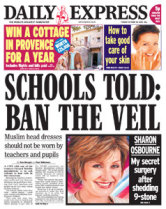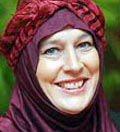 “I spent seven years of my girlhood heavily veiled – not in a Muslim niqab but in a nun’s habit. We wore voluminous black robes, large rosaries and crucifixes, and an elaborate headdress: you could see a small slice of my face from the front, but from the side I was entirely shielded from view. We must have looked very odd indeed, walking dourly through the colourful carnival of London during the swinging 60s, but nobody ever asked us to exchange our habits for more conventional attire.
“I spent seven years of my girlhood heavily veiled – not in a Muslim niqab but in a nun’s habit. We wore voluminous black robes, large rosaries and crucifixes, and an elaborate headdress: you could see a small slice of my face from the front, but from the side I was entirely shielded from view. We must have looked very odd indeed, walking dourly through the colourful carnival of London during the swinging 60s, but nobody ever asked us to exchange our habits for more conventional attire.
“When my order was founded in the 1840s, not long after Catholic emancipation, people were so enraged to see nuns brazenly wearing their habits in the streets that they pelted them with rotten fruit and horse dung. Nuns had been banned from Britain since the Reformation; their return seemed to herald the resurgence of barbarism. Two hundred and fifty years after the gunpowder plot, Catholicism was still feared as unassimilable, irredeemably alien to the British ethos, fanatically opposed to democracy and freedom, and a fifth column allied to dangerous enemies abroad.
“Today the veiled Muslim woman appears to symbolise the perceived Islamic threat, as nuns once epitomised the evils of popery.”
Karen Armstrong in the Guardian, 26 October 2006

 Around 300 people rallied in Glasgow’s George Square last Saturday to unite against Islamophobia and protest at the wave of racist attacks on Muslims since Jack Straw’s comments about the veil earlier this month.
Around 300 people rallied in Glasgow’s George Square last Saturday to unite against Islamophobia and protest at the wave of racist attacks on Muslims since Jack Straw’s comments about the veil earlier this month. A city with one of the country’s largest Muslim populations is to ask schools to ban veils in the classroom.
A city with one of the country’s largest Muslim populations is to ask schools to ban veils in the classroom. Award-winning British reporter Yvonne Ridley has blamed the ignorance of Western politicians and media for the ongoing debate about the face-veil and other misconceptions about the status of women in Islam.
Award-winning British reporter Yvonne Ridley has blamed the ignorance of Western politicians and media for the ongoing debate about the face-veil and other misconceptions about the status of women in Islam.